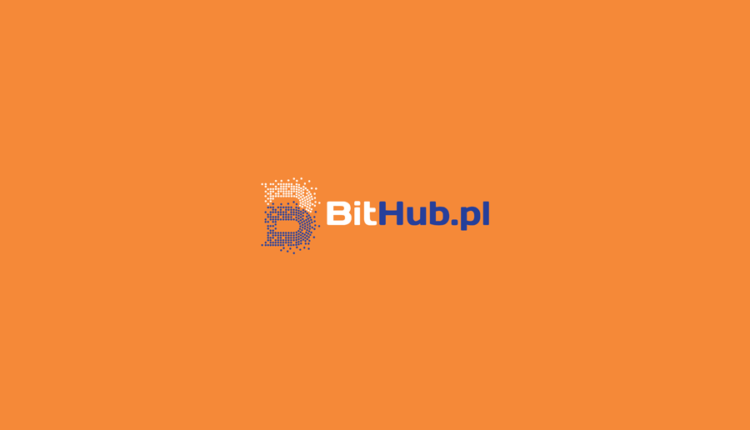
#SundayInterview. Edge as anti-Facebook
Users could use our wallet to log-in to „dapps” without us or the „dapp” having any personal information on them which you contrast to today’s internet which has sign-on powered by companies like Google, Facebook, and Twitter that know everything about you. We kind of see our „Edge Log-In” as the anti-Facebook login to the new internet where privacy and security are paramount – says Brett Musser, business development manager at Edge (formerly Airbitz), in Bithub.pl’s #SundayInterview.
On FB crypto groups every now and then I see questions about the best coin wallets. People usually answer with names and brands, but I’d like to ask you to explain what are the most common downsides of crypto wallets and what in your product is superior to other solutions?
Brett Musser: The most common downsides of most crypto-wallets are lack of fail-safes or too much dependence on the wallet provider. We at Edge (formerly Airbitz) have hit the sweet spot between total self reliance and relying on others to secure your assets. We secure your assets in a way that no one but you has access to it (not even us) and if you make some mistakes like forgetting your password, losing your phone, or being careless with your information we have some tools that allow you to regain access or protect you from malicious actors.
Many people favour cold wallets, they seem safer. Your product is an app. The most instinctive fear in this case is: what if I lose my phone? What if someone hacks my app wallet? Do I lose my crypto money? How would you answer that?
BM: Cold wallets are a good tool to have and we recommend users to hold their funds in multiple places using multiple methods. Many of our employees use „cold storage” as well as our app. The security for a cold wallet is all on you. If you are comfortable with that, then its more than fine but you become the single point of failure with not a lot of recourse. It also makes it harder to actually use your money.
Many reflexively think apps and mobile phones are unsafe but your phone is actually much safer than your desktop which have many more attack vectors. Manufacturers of these phones work really hard to make it is hard as possible for malicious actors to get access. The typical user’s chances of having their phone hacked is so small compared to the two most frequent losses of crypto assets which are exchanges being hacked and the user’s own mistakes! As a security company we try to focus on the most probable sources of loss because there is no 100% security for anything whether it be digital or physical. So what happens if I lose my phone? If you lose your phone, no worries, you just obtain a new one, download our app and type in your username and password. All your assets will be there.
You state that your app is the world’s first single sign on for blockchain applications. Could you expand on that? How does it work and how do users benefit from that?
BM: User’s can actually use our wallet to sign in to decentralized applications with just the scan of a bar code. In the next evolution of the internet there will be many applications which have no central servers or authority behind them. So if you could imagine a social network like facebook with no central company behind it or a betting application with no actual bookie, just free open source software anyone can download and participate in. Users could use our wallet to log-in to these „dapps” without us or the „dapp” having any personal information on them which you contrast to today’s internet which has sign-on powered by companies like Google, Facebook and Twitter that know everything about you. We kind of see our „Edge Log-In” as the anti-facebook login to the new internet where privacy and security are paramount.
Do blockchain application need special tools for securing safety and privacy? How in this regard are they different from the 'regular’ applications and software?
BM: Most blockchain applications have some type of token that is needed to transact, interact, or be rewarded on the platform. They also need a log-in system that is easy to use. Storing people’s money (tokens) and storing log-in credentials is basically a non-starter. Users need to be able to handle private keys and log-in easily, safely, and privately to make these application useful and secure for the average user. Regular applications don’t have to worry about digital money and thus having log-in credentials on a central server isn’t as big a problem.
Seeing how crypto scene evolves do you think people will soon be paying for shopping from their app wallets on their phones? How are we going to get there with national currencies still holding firm and governments getting wary about crypto competition to the banking system?
BM: Yes but the question is how soon? And no one has the foresight to really answer definitively when this will happen let alone us. There isn’t much they can do to stop this paradigm shift in the long-run but governments can definitely do short term damage in a number of different ways. Having said that the backlash from aggressive government action will be enormous. These networks especially bitcoin are designed explicitly to survive any type of censorship thrown at it and develop immunity to it and come back even stronger. We will most definitely see the Streisand Effect come in to play.
Interview by Przemyslaw Cwik

